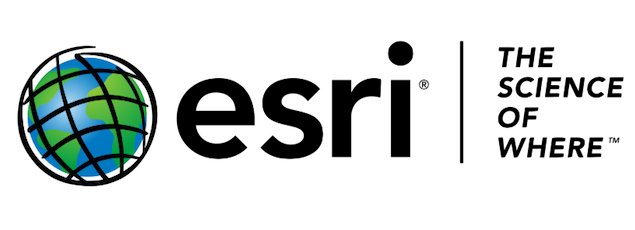 by Chris Banescu –
by Chris Banescu –
“We have 9,000 employees worldwide and $912 million n revenue. In our 43 years, we have never missed a quarter. We’ve never had any layoffs; we’ve never had any downsizing. It’s just been very conservative, systematic growth.” ~ Jack Dangermond
A few years ago Inc.com magazine interviewed Jack Dangermond the co-founder of Esri, a global corporation that supplies geographic information system software, web GIS, and geodatabase management applications. Dangermond highlighted the company’s stellar and systematic growth despite its conservative management style and lack of any layoffs in its 43 years of operation.
“We have 9,000 employees worldwide and $912 million n revenue. In our 43 years, we have never missed a quarter. We’ve never had any layoffs ; we’ve never had any downsizing. It’s just been very conservative, systematic growth,” indicated Jack Dangermond.
Esri has thrived by concentrating on its customers’ needs and heavily investing in innovation. “We spend about a quarter of our annual revenue on innovation–about twice what a normal public company spends,” mentioned the co-founder. Dangermond also attributed his company’s long-term success in part to never having taken outside investments. Lack of pressure from VCs, “I don’t have that investment world breathing down my back constantly,” allowed the business to stay focused on helping its customers and provided the needed flexibility to manage from a long-term perspective.
Treat Your Employees the Same Way You Expect Them to Treat Your Best Customers
I remember the article distinctively because it confirmed several principles of leadership and management I have constantly emphasized when teaching business courses. Esri’s strategic approach in achieving long-term success and profitability validated all three most important rules in business I’ve defined as: “Always Meet and Exceed Customer Expectations, Work to Build Long-Term Profitability and Increased Long-Term Value of the Business, and Treat Your Employees the Same Way You Expect Them to Treat Your Best Customers.” The owners of the company showed that you can do all three and do it consistently for decades and benefit customers, shareholders, and employees.
The article also stood out because it’s so rare to find a corporation today that doesn’t treat its employees as disposable, as just another interchangeable commodity. Here was a company that really cared about its employees and made sure its policies and practices actually embodied that principle.
a company can be profitable and grow steadily, without sacrificing its employees
Things are not all rosy with Esri. A brief examination of employee reviews on Glassdoor.com shows that the company has made mistakes in how it treats its employees. In the last few years there have been many missteps. While management continues to emphasize job stability and security, it has dropped the ball in other areas related to employee growth, compensation, work assessment, fair rewards and recognition, career advancement opportunities, and motivation. This is to be expected. Businesses are lead and managed by imperfect individuals who are prone to constant blunders and errors. However, senior executives must play closer attention and address these issues, lest they continue and worsen, and negatively affect the other positive long-term strategies the company has employed.
Esri’s founders confirm that a company can be profitable and grow steadily, without sacrificing its employees in the process. Ultimately, by being focused on helping their customers and treating their employees right, the business provided systematic growth and profitability, and their shareholders were enriched and rewarded in the long term.
HT: Inc.com




